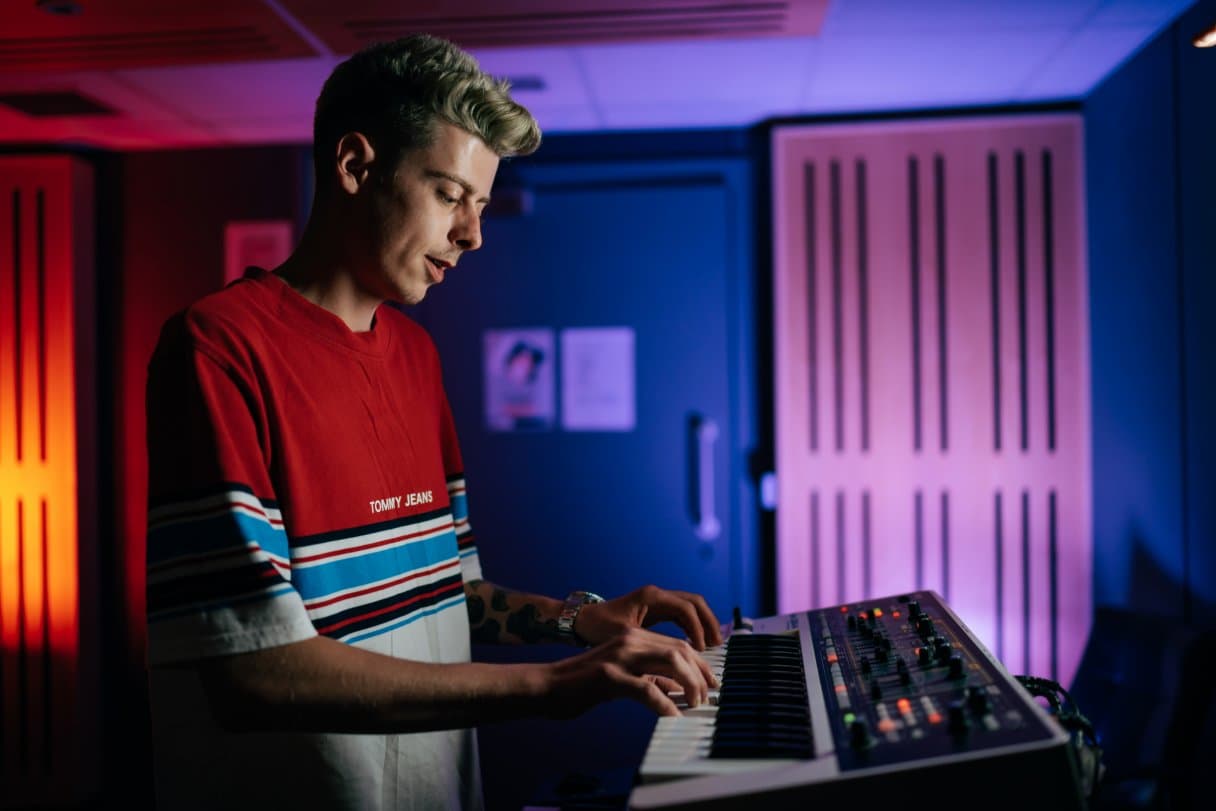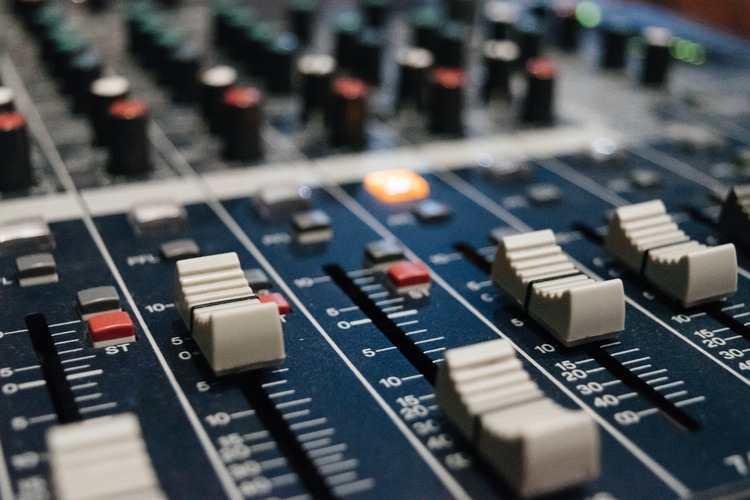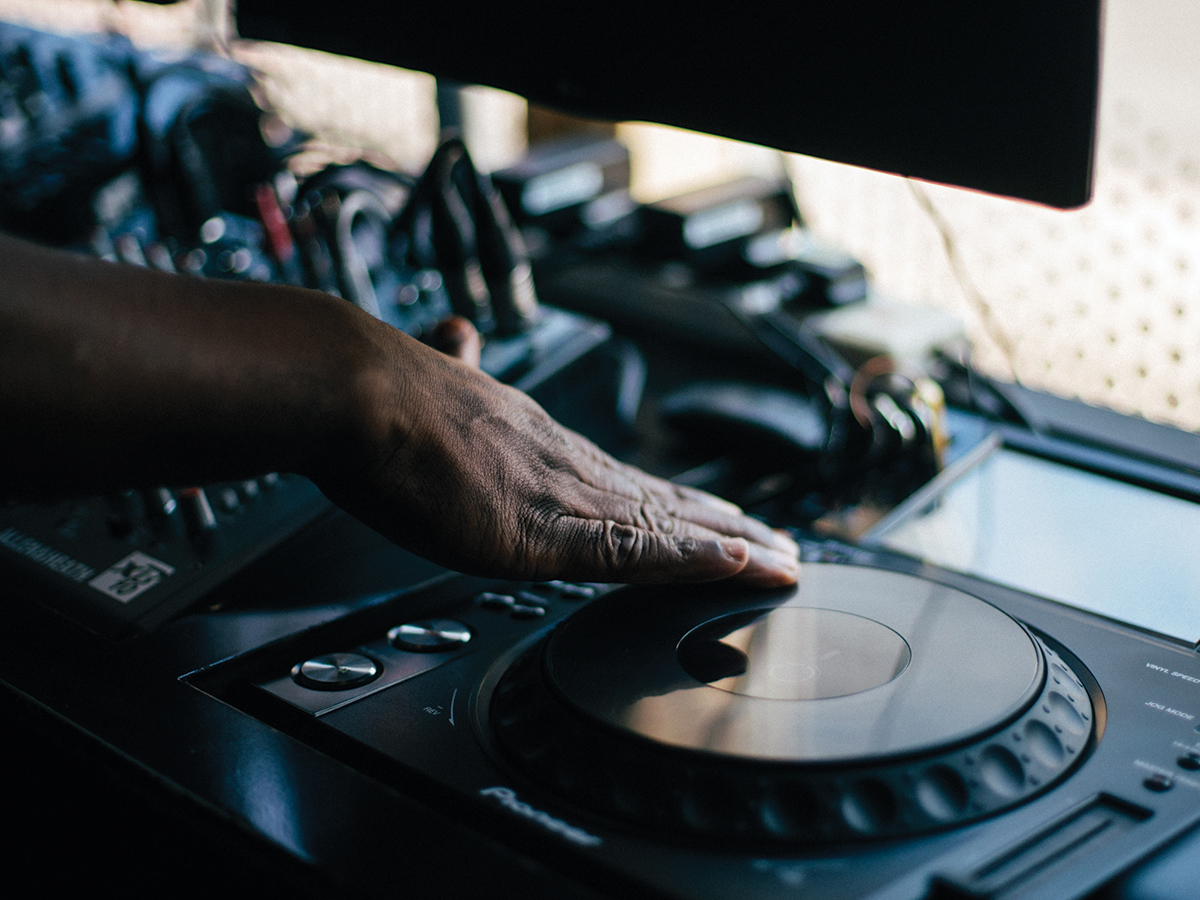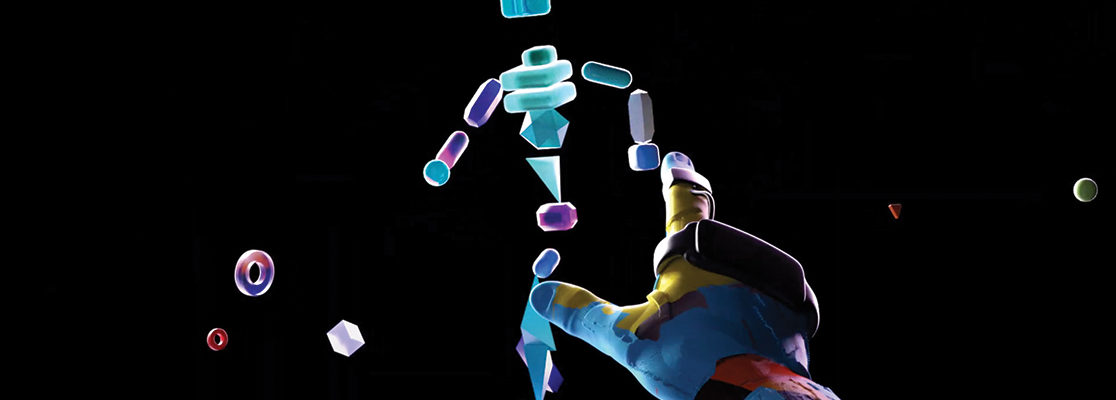Electronic Music Production
Get hands-on from day one in this exciting, industry-focused 12 week course that specialises in electronic music production. Next start date: September 2024
London
September 2024
£500*
*All payments must be settled in full 2 weeks prior to the start date of the course.
London
6:00pm to 9:00pm
Our studios and workstations are equipped with state-of-the-art hardware and software. You may wish to bring your laptop or tablet, however, this is not necessary: spend time at the campus, meet other students, and enjoy the exchange of information with your peers!
Utilising industry-standard software such as Ableton Live and Logic Pro X, you’ll explore beat making, sound design, arrangement, mixing, and mastering, as well as music promotion.
Upon completion of the course, students will receive an SAE short course certificate and be part of our global alumni community.
SAE short courses are only open to students residing in the UK.
Topics covered

WHAT YOU'LL LEARN
- Create your own basic composition using DAW software
- Navigate the interface of Ableton Live and Logic Pro X software
- Apply various creative tools such as EQ, compression, reverb and delay to tracks
- Distribute your songs digitally and understand club and house music promotion
Electronic Music Production course structure
Week 1: Introduction to Electronic Music Production and Ableton Live
- Class 1: Introduction to electronic music production, its significance, and an overview of Ableton Live’s interface.
- Class 2: Setting up a project in Ableton Live, adjusting audio preferences, and conducting basic audio recording. Emphasize software navigation.
Week 2: MIDI and Audio Basics
- Class 3: Dive into the basics of MIDI and audio, allowing students to practice fundamental concepts.
- Class 4: Practical MIDI and audio editing techniques.
Week 3: Synthesis and Sound Design Essentials
- Class 5: Introduction to synthesis and exploring Ableton’s instruments.
- Class 6: Basic sound design principles and creating custom presets.
Week 4: Basic Music Composition and Drum Programming
- Class 7: Introduction to basic music composition principles and common song structures in electronic music. Basic compositions.
- Class 8: Introduction to drum programming, including drum patterns and sequencing. Incorporate drums into basic compositions.
Week 5: Mixing and Effects for Beginners
- Class 9: Basic mixing techniques and using built-in effects.
- Class 10: Exploring audio effects and more advanced mixing techniques.
Week 6: Introduction to Sampling and Advanced Synthesis
- Class 11: Introduction to sampling and basic sampling techniques in Ableton Live.
- Class 12: Introduction to advanced synthesis techniques, including granular and wavetable synthesis.
Week 7: MIDI Effects and Creative Arrangement Techniques
- Class 13: In-depth exploration of MIDI effects in Ableton Live.
- Class 14: Creative arrangement techniques, exploring unique and creative song structures.
Week 8: Creative Music Production
- Class 15: Exploring unique production techniques and unconventional music production approaches.
- Class 16: Collaborative music production and group projects to foster creativity and teamwork.
Week 9: Max for Live, MIDI Effects, and Audio Effects
- Class 17: Introduction to Max for Live, hands-on experience with Max for Live devices and instruments.
- Class 18: In-depth exploration of MIDI effects in Ableton Live and advanced audio effects usage.
Week 10: Remixing and Creative Production Techniques
- Class 19: Introduction to remixing techniques, hands-on experience with remixing tracks in Ableton Live.
- Class 20: Exploring creative and experimental music production methods, emphasizing creativity.
Week 11: Final Project Development and Polishing
- Class 21: Dedicated time for students to work on their final music production projects with guidance and support.
- Class 22: Polishing and refining final music production projects, in-depth mixing, and presentation preparation.
Week 12: Final Project Presentations, Feedback, and Course Conclusion
- Class 23: Student Final Project Presentations. Students present their final music production projects to the class, with an opportunity for peer feedback and constructive critique.
- Class 24: Course Conclusion, Feedback, and Future Exploration. Review of the course journey, gathering feedback from students, and discussion of future music production exploration and resources.


































